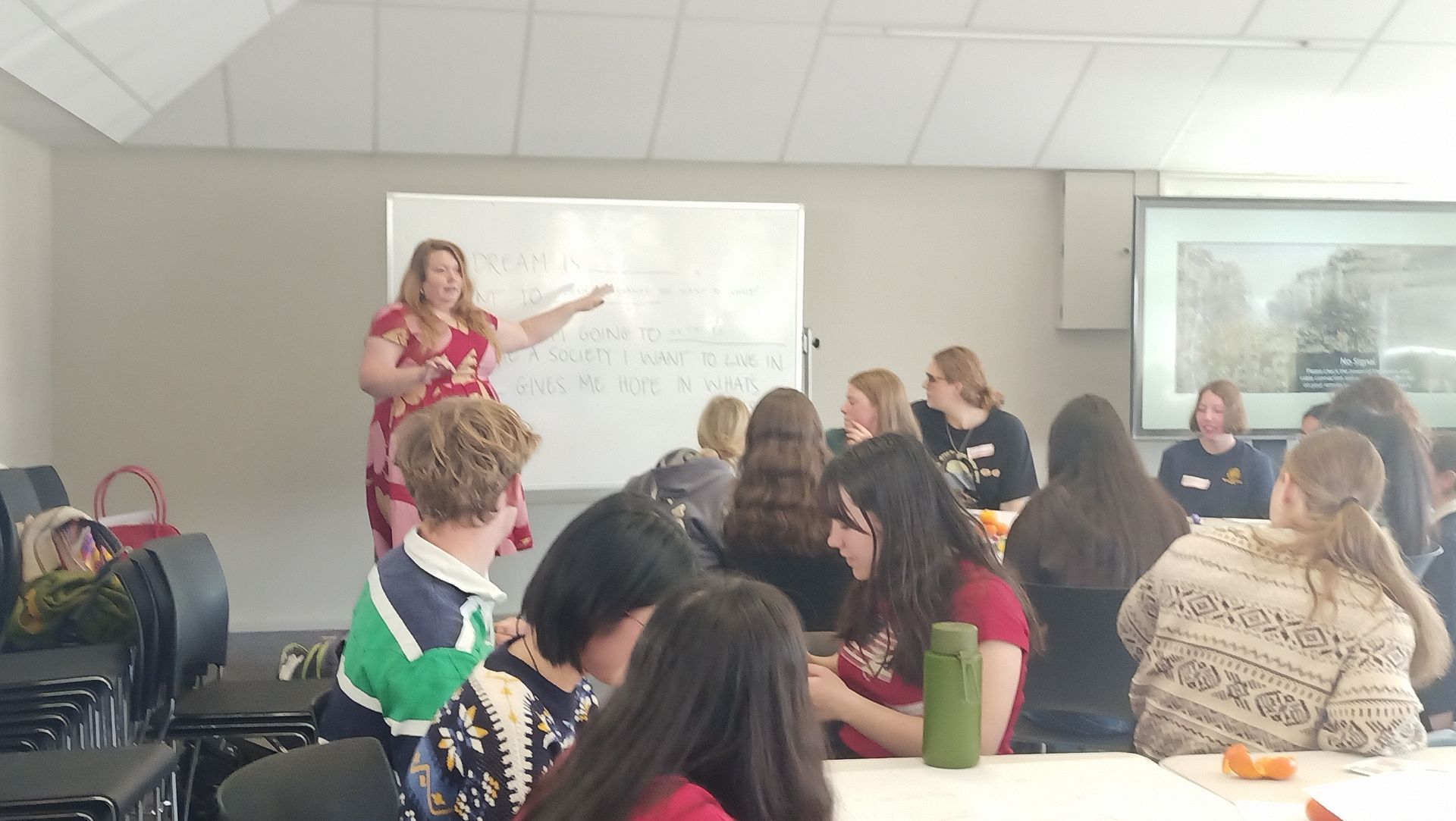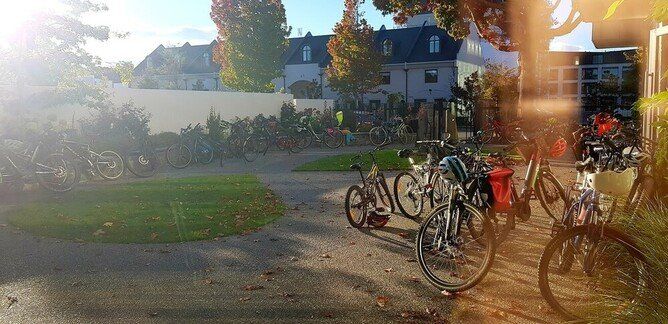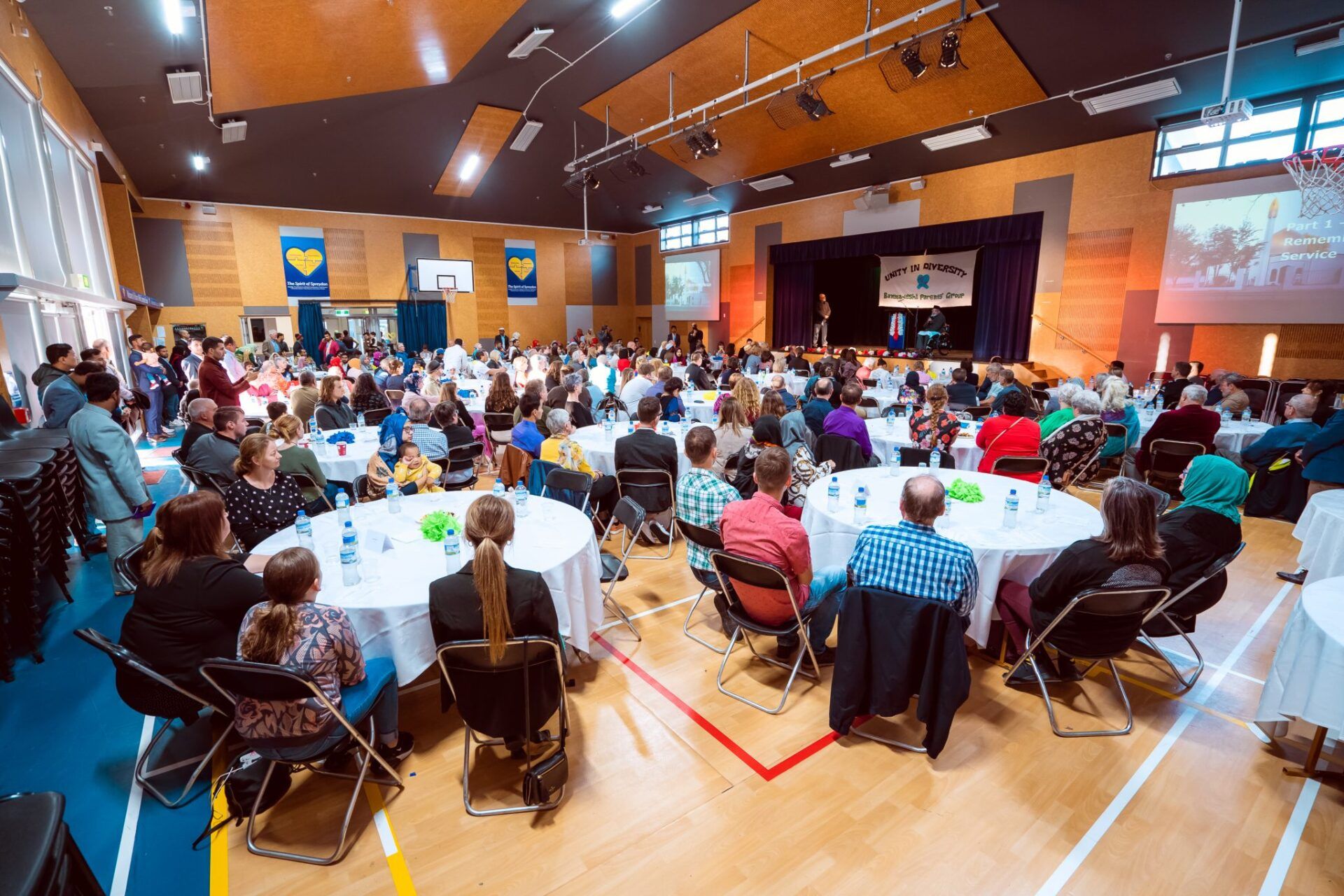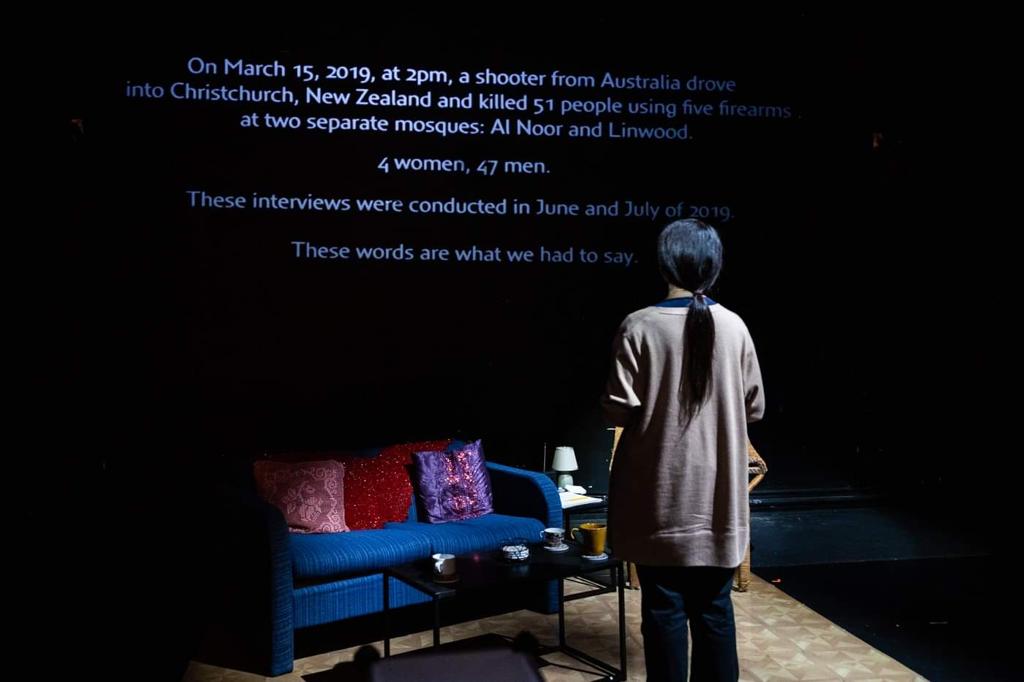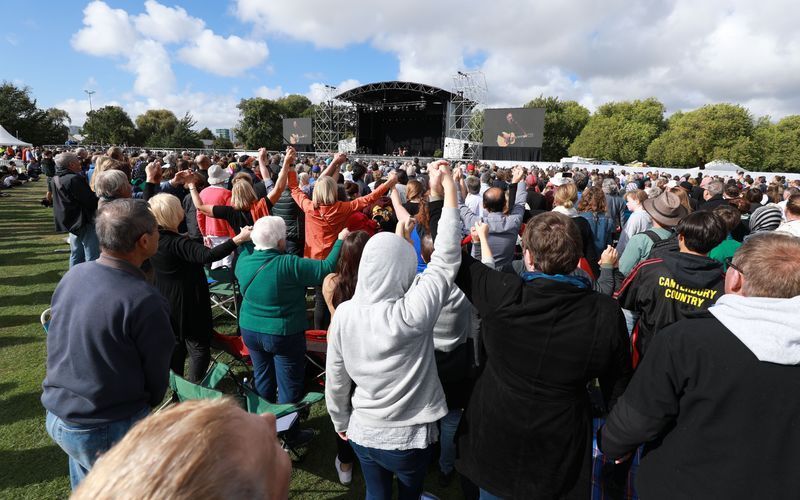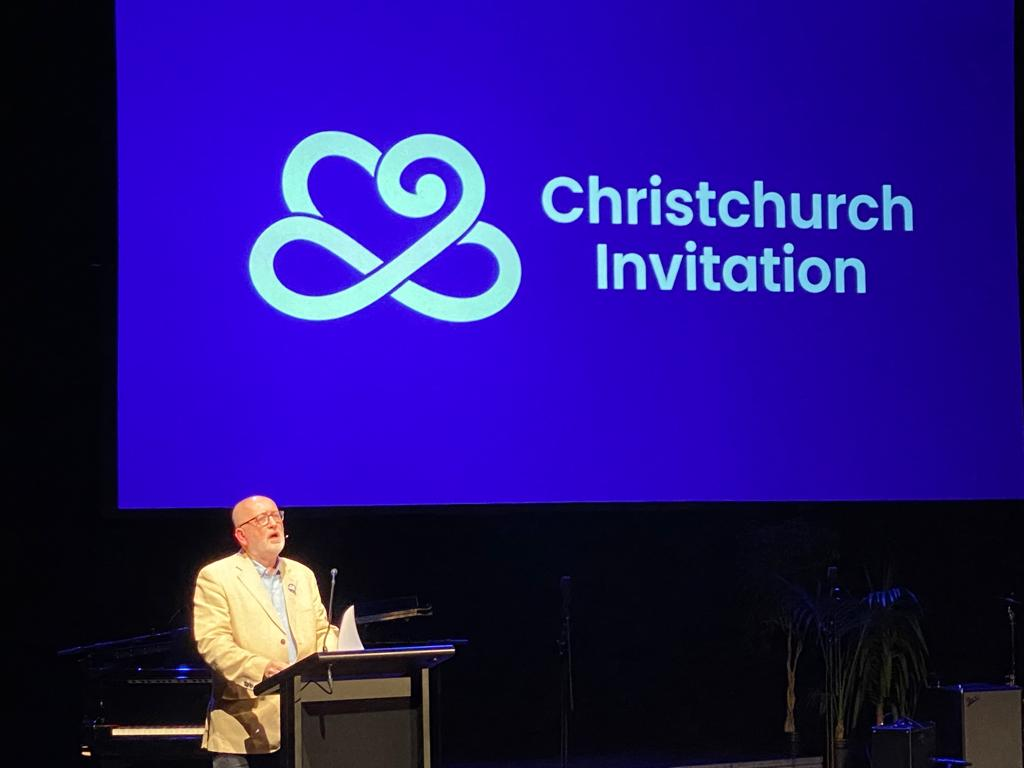The Evolution of The Christchurch Invitation
The “Christchurch Invitation” came as a response to the one-year remembrance of the killings of 15 March 2019 and to the experience of the outpouring of support towards the Muslim community that followed the killings. The question asked was: how might we draw on that mutual support and find lessons from this tragedy to help offer a positive way forward?
As a start, what we suggested in the Invitation were small actions that could be undertaken by anyone – regardless of faith or lack of faith – to increase a wider, fuller sense of community. These were shared with a number of members of an interfaith discussion and met with support.
The underlying aim was to find a way towards a far stronger intention: how might we work to ensure that such an attack does not happen to any other community anywhere else? (A case of “which side are you on?”). A website was produced, One Year On. As part of that a range of people from the Muslim community sat in front of the camera and spoke of the impact of the attacks on them and of their reflections on this; giving them agency over their own stories. These were people who had been present in the mosques or who had lost loved ones in the attacks.
However, small actions, though valuable and necessary, need to be part of a coordinated programme.
And then we were in a global pandemic.
Events move quickly. For Sunday 15 March 2020 a memorial was planned. It was cancelled because of the speed of spread of the Coronavirus. So, these thoughts are written at the time of the start of the Covid-19 pandemic - a pandemic that is prompting a wide range of discussions on the way things will be / should be once the pandemic is declared as resolved.
With that, much talk has been on the vulnerabilities – human, financial, environmental – that are common to us all, and how a return to a “business as usual” approach is unacceptable.
Some clear threads to all of this centre on the need to address the issues of resilience, preparedness, economic inequalities, unsustainable economic assumptions and models, environmental abuse and stewardship, community strength vs division,
underlying weaknesses, and more.
These seemingly separate, though we would argue connected, issues can be brought together under the aim of working for a future.
Covid-19 has revealed a range of challenges. It has highlighted weaknesses and vulnerabilities and begun to prompt urgent (overdue) consideration of such issues as the:
- ability of businesses to withstand prolonged closure;
- economic disparities that promote (or that fail to address) dissatisfaction;
- impact of our globalised consumer society on the environment;
- ecological "illiteracy" - acting as if what is taken from the environment has no cost;
- possibility of meaningful work that can lead to fulfillment;
- unsustainability of our dominant economic model predicated on the need for growth;
- loneliness and isolation of sections of the community;
- overseas/offshore ownership of banks that siphon wealth from the country;
- (and even) offshore ownership of iconic publications hitherto seen as part of the cultural landscape;
- "Gig” economy and zero-hours contracts and more that leave people in an often financially perilous situation in times such as these.
What makes for a strong, sustainable, healthy society?
It might reasonably be argued that discussion of these and other similar issues are ones that should be shared by anyone who has a concern for the well-being of humanity. They are amongst the elements that, satisfactorily addressed, make for a healthy society.
How might the Christchurch Invitation be relevant in this landscape?
The “Christchurch Invitation” came out of a response to an act of hatred. If there is hate towards a group then that must detract from any possibility of a fully healthy society. What part, therefore, could a developed Invitation play in the toolbox?
What the Invitation offers is a bridge through faith or beliefs or traditions between the different elements or sectors within the New Zealand society.
In building such a bridge there are many considerations:
- Hatred ,..
- is often based on ignorance and falsehood;
- breeds fear;
- wastes talent;
- must leave a section of the society unfulfilled;
- provides a fertile ground for dissaatisfaction and disenchantment
- The vectors of transmission of hate need to be unpicked and unpacked;
- Voices need to be heard so 'the othering' of groups is challenged;
- Big questions need to be asked as to what is lacking in the scope of our perception of the full life.
“Nothing is more difficult to name than what is present to the mind only as an absence, though such a vacancy in our life can become terrifying enough to break us spiritually and physically.”
Where the Wasteland Ends, by Theodore Roszak, Celestial Arts, Berkeley, California, 1989. p.76
Anthony Green.
Co-Founder Christchurch Invitation.
April 2020
